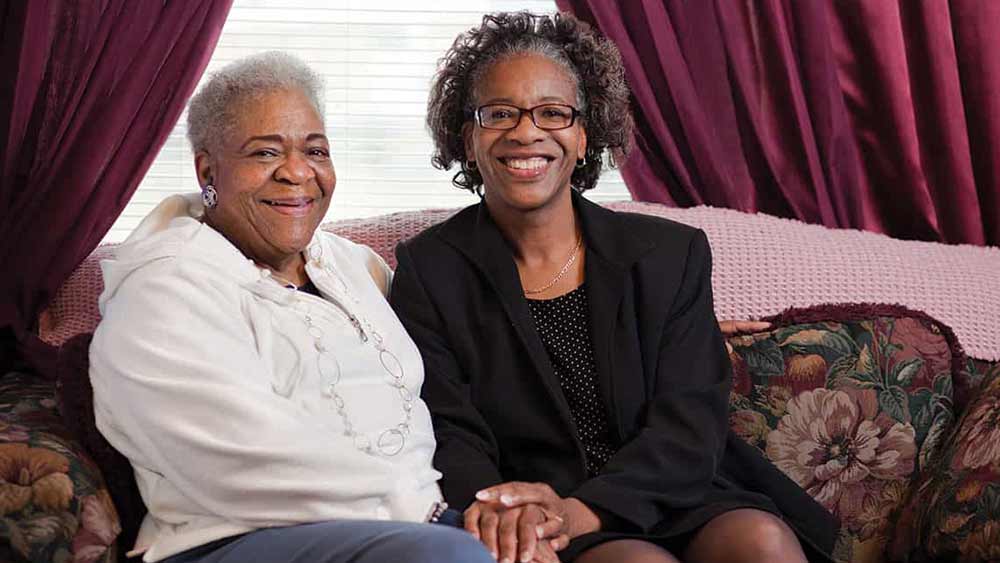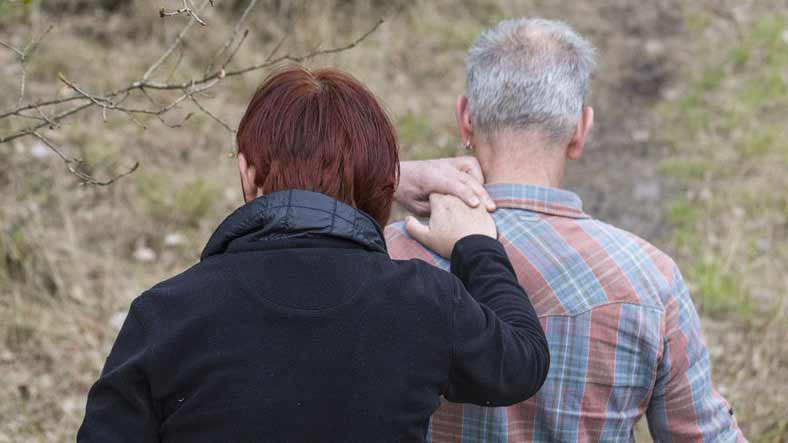

5 Signs a Family Caregiver Needs Help
You have noticed the fatigue, quick temper and frequent canceling of social plans. Should you be worried about your friend who is a family caregiver? When is it time to step in and offer help?
Here are five signs a family caregiver needs help and support from others:
1. Declining Health
Caring for another person sometimes comes at the risk of shortchanging one’s own health. If the caregiver is continually getting sick or looks run down, chances are life is getting out of balance.
What you can do: Encourage the caregiver to get a physical or thorough medical exam. Help rally a team of friends, siblings and other family members who can extend regular respite breaks. Connect the family with professional home care services like Right at Home that can provide regular caregiving, respite, and meal and transportation assistance.
2. Anxiety, Irritability, Depression
Emotional needs of family caregivers are valid but can be overlooked. Assisting a loved one is personally rewarding yet carries its own share of stress and emotional strain. Anger and resentment can build. Some caregivers worry and feel guilty that they are not doing enough for their family member.
What you can do: Invite the caregiver to talk out his or her feelings. Suggest keeping a journal to record thoughts or to work through emotions. If professional help is needed, offer to accompany the caregiver to an appointment or stay with the care recipient during an appointment.
3. Social Withdrawal
Finding time to enjoy family and friends during the day-to-day busyness of caregiving is challenging. But pulling away, becoming isolated and avoiding the “outside world” can indicate caregiver distress.
What you can do: Keep inviting the caregiver to social activities. If getting out is tough, deliver the fun to the caregiver. Bring over a meal to share together or stay in and watch a movie. Call, text or do a video chat throughout the week to keep the caregiver engaged in the relationship.
4. Changes in Appetite & Weight
Eating right and maintaining a healthy weight can slip to the backburner for family caregivers. Some people lose interest in eating and others turn to overeating. Some caregivers lose weight and others gain it.
What you can do: Offer to help with meal planning and grocery shopping. Invite the caregiver to join you in regular exercise such as taking a brisk walk or biking together. Encourage medical and dental checkups to rule out underlying health conditions.
5. Over-reliance on Alcohol & Drugs
Assuredly, caring for a loved one gets overwhelming at times. But escaping the stress through excessive alcohol and medicating substances compromises the health of both care recipient and caregiver.
What you can do: If you see signs of alcohol and/or drug dependency, ensure that the caregiver gets help. Addictions are challenging to overcome without assistance. Connect the caregiver with local community services or a support group that serves as a safe place for dealing with problems instead of numbing them out.
What signs are you seeing that a family caregiver needs help?







